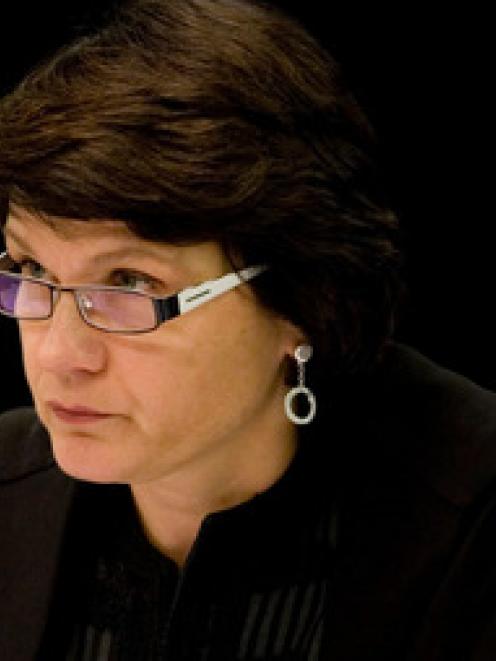
The changes being considered by ministers today will see the 115-year-old Judicature Act updated to modernise a branch of state that has come under fire from some.
A New Zealand Herald-DigiPoll survey has found 53 per cent of those polled have "high confidence" in judges. In contrast, 38 per cent said they had "big concerns".
Nearly half did not express confidence in the judiciary. This has caused concern in judicial and political circles and contrasts with the World Justice Project "Rule of Law Index", which ranked New Zealand's judicial system among the top 10 in the world.
Chief High Court Judge Helen Winkelmann and Chief District Court Judge Jan-Marie Doogue, who both expressed concern over the poll findings, have endorsed greater public access to the courts and court information. They also raised funding of the court system as an issue, saying it was being starved of money which would allow greater openness.
They also called for greater "civics" education in schools on the way New Zealand society functions, giving citizens a deeper understanding of the three branches of government - the judiciary, Parliament and government. The division of power between judges, MPs and ministers is intended to protect the rights of citizens.
The law changes the Cabinet will consider today are a rare exertion of influence over the judiciary but also reflect a mood for change. They stem from a report by the Law Commission, the government body set up to develop and review law.
Commission president Sir Grant Hammond, a judge of 20 years, said there was growing interest from the public in how the courts functioned and the role of the judiciary.
"It's not just nosy-parkerishness. It is a genuine interest. We want a well-functioning society where these things are being dealt with transparently."
The changes mooted by the commission include an annual report from the judiciary presented by Chief Justice Sian Elias which would detail the business of the courts. The changes would also see the Attorney-General's process for appointing judges clearly spelled out in law.
Sir Grant said: "The process has not been sufficiently transparent. And some attorneys have not used the same criteria. In the past it did look like a tap on the shoulder."
He said the judiciary also needed to develop clear rules for the removal of judges from cases. "There wasn't a sufficiently established process for dealing with [this]," said Sir Grant.
Justice Minister Judith Collins said she expected most of the commission's suggestions would be accepted by the Cabinet, giving the public greater understanding of judicial decisions. Some of the criticism of judges was ill-informed "and it is better if people have information".
"Just as ministers are held accountable, I think it is important that public funding and public expectations are able to be well informed rather than uninformed.
"I think the public absolutely has a right to know about how our judicial system is functioning and I don't think that having anything less than transparency around it is going to help people understand what judges do."
- David Fisher, New Zealand Herald











